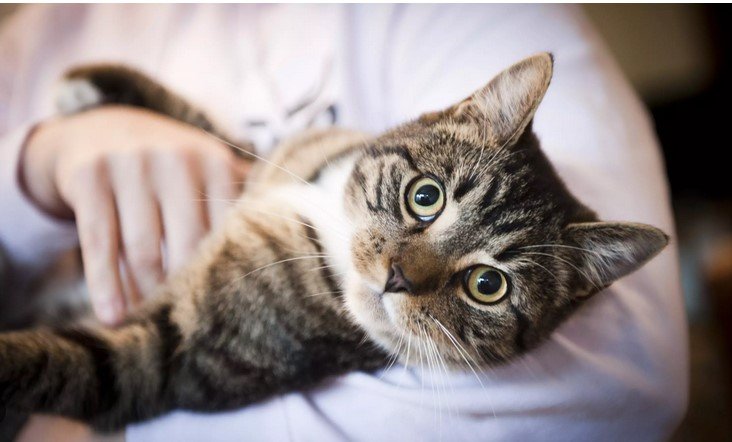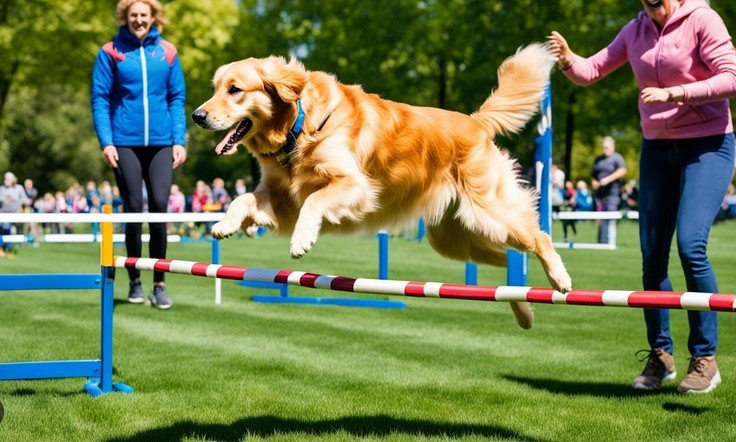Choosing the right pet for your lifestyle is an important decision that requires careful thought and consideration. Pets bring joy and companionship, but they also require time, effort, and resources. The key to a harmonious relationship with a pet is matching their needs to your lifestyle. By assessing your daily routines, available space, and level of activity, you can find the perfect companion that fits seamlessly into your life.

Assessing Your Time and Commitment
Choosing the right pet for your lifestyle starts with evaluating how much time you have to dedicate to a pet. Some animals require significant attention, while others are more independent. Dogs, for example, need regular exercise, training, and social interaction. If you have a busy schedule and can’t commit to daily walks or playtime, a low-maintenance pet like a cat or a fish might be a better choice.
On the other hand, if you’re someone who enjoys outdoor activities and has the flexibility to spend time caring for a pet, a dog may be the perfect companion. Cats, while generally independent, still need affection, playtime, and grooming. Smaller animals, such as hamsters, rabbits, or reptiles, often require less time and can be suitable for individuals with busier lifestyles. Understanding your availability ensures that you can meet your pet’s needs without feeling overwhelmed.
Considering Your Living Space
Choosing the right pet for your lifestyle also depends on your living space. Pets need environments that accommodate their size, energy levels, and habits. If you live in an apartment with limited space, a small pet like a cat, guinea pig, or fish might be ideal. Cats, in particular, are known for being able to adapt well to smaller living spaces as long as they have vertical spaces like shelves or cat trees to explore.
For those with larger homes or access to a yard, dogs might be a better option. Dogs, especially larger breeds, need space to run and exercise. If you choose a high-energy breed but lack the space or time to meet their needs, it can lead to frustration for both you and the pet. Birds, reptiles, and small mammals often require cages or tanks that fit well into a variety of living situations, making them more adaptable to different home environments.
Before bringing a pet home, assess your space and whether it can comfortably accommodate the needs of your chosen companion.
Understanding Long-term Responsibilities
Selecting the best pet for your lifestyle means considering the long-term responsibilities that come with pet ownership. Pets are a lifelong commitment, and their needs evolve over time. Puppies and kittens, for example, require training, socialization, and regular vet visits. As they age, their needs will change, and they may require special care or medication.
Smaller pets like hamsters or guinea pigs have shorter lifespans, but they still need consistent care, such as cleaning their cages and providing fresh food. Larger pets, such as dogs and cats, can live for over a decade, so it’s crucial to consider your ability to provide for them long-term.
If you travel often or anticipate significant lifestyle changes, such as moving or starting a new job, think about how these factors may affect your ability to care for a pet. Planning for the future ensures you can provide a stable and loving home for your companion.
Conclusion
Choosing the right pet for your lifestyle is a rewarding but thoughtful process. By evaluating your time, living space, energy level, and long-term commitments, you can make an informed decision that brings joy to both you and your new pet. Whether you prefer the independence of a cat, the energy of a dog, or the low-maintenance care of smaller animals, the right pet will enhance your life and provide companionship for years to come. Ensure that you select a pet that fits seamlessly into your lifestyle, so you both can thrive together.











